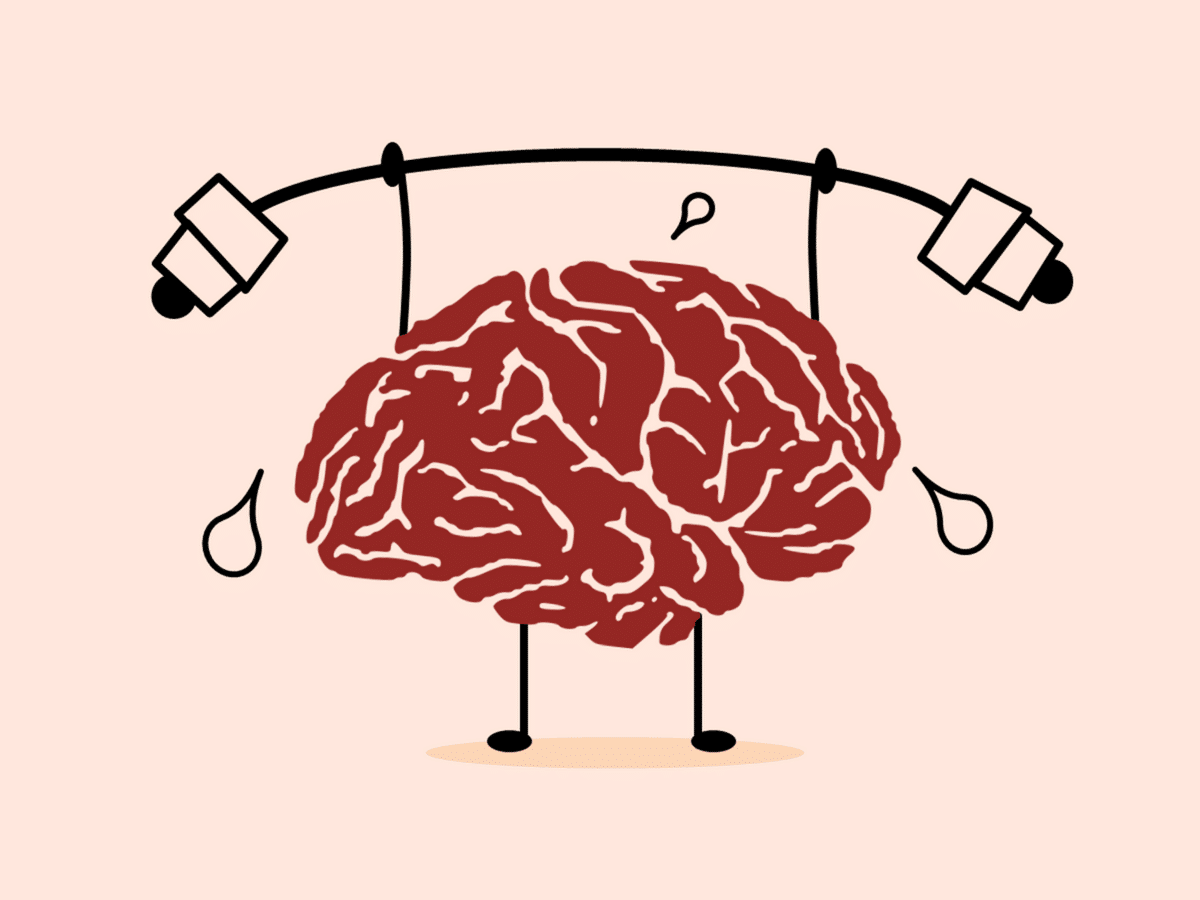Card games are one of the most popular hobbies in the world, with 23% of the US population, 20% of Brits, and 10% of France playing them on a regular basis. Card games like Poker, Rummy, Bridge, UNO, Blackjack, and even childhood favourites like Pairs and Snap are well known for their entertainment value and a way of passing the time, but the benefits of playing such games extend way beyond that. Studies tell us that playing card games can have profound social, cognitive, and mental health benefits for all age groups, making the activity far more valuable than you may have realised.
Social Benefits
Building Bonds
While there are a few card games that are designed to be played solo, most card games require multiple players, making them perfect for developing and nurturing social bonds.
Simply setting aside time to gather and play a card game is an exercise in building on existing relationships and forming new ones. The friendly competition of a game of Rummy or the collaborative nature of Bridge offer insight into others and are a great way to get to know people better.
Verbal and Non-Verbal Communication Skills
Card games are particularly useful in the development of social skills in children. Turn-based card games offer an opportunity to hear others strategising, making deals, and engaging in friendly banter, which encourages the development of verbal communication skills.
Even the non-verbal actions of card gameplay, such as facial expressions, gestures, and in-game moves (especially ‘mean’ ones!) are great for developing skills in areas such as perception and awareness, both of others and oneself.
Patience and Self-Control
In many card games, players have to wait their turn in order to move and often must bide their time until the right opportunity arises to make an important play. Poker, for example, challenges players to wait for others to act before they can themselves, with others’ actions often having a direct impact on their own gameplay and strategy.
Playing card games like this develops the ability to remain calm in the face of delays, choose your time to act wisely, and exercise self-control, social skills which are invaluable in other aspects of life.
Teamwork
Team-based card games such as Euchre, Kemps, Whist, and Canasta foster the ability to work together towards a common goal. These games require skills in communication, strategy, cooperation, and collaboration in order to come out on top. Regular play can help develop these social skills, which are valuable in both personal and professional life too.
Inclusivity
Card games tend to be quite easy to learn and play, and involve very few items beyond a simple deck of cards, which makes them very accessible. With online card games, all you need is an internet connection. In a world of increasing diversity and division, card games can be a great leveller, inviting participation from all walks of life and contributing to social cohesion.
Cognitive Benefits

Mental Agility
Card games are ideal for developing and maintaining mental flexibility, which makes them perfect for both early learning and preserving cognitive function as we age. Children learn crucial skills such as mathematics, critical thinking, and logic through card gameplay.
At the other end of the scale, playing card games helps the mind stay sharp as we become more at risk of mental decline as we age. According to the Alzheimer’s Association, engaging in mentally stimulating activities such as card games may help stave off the effects of dementia by building cognitive reserve, which is “the brain’s ability to make flexible and efficient use of cognitive networks (networks of neuron-to-neuron connections) to enable a person to continue to carry out cognitive tasks despite brain changes”.
Problem-Solving
Social card games offer players the opportunity to develop problem-solving and decision-making skills. This can be in the form of a young child learning the basic rules of Snap or Pairs, for example, to adults learning from the successful (or not!) strategies of their peers in a game of Rummy. Learning these skills in a friendly environment also helps build confidence when applying them in other areas of life.
Memory Improvement
Card games test the memory in a multitude of ways, from the need to remember the rules to keeping track of previous players’ actions. In Poker, for example, players must remember the various complex rules of the game, what each player has played in the round (as well as previous rounds), and how they acted (in moves, gestures, and facial expressions) in similar situations in the past, in order to inform their gameplay.
Of course, you don’t need complex card games to develop memory skills. Even something as simple as Pairs is enough to challenge the brain’s spatial memory, while games like UNO and Guess Who help develop skills in pattern recognition.
Mental Health Benefits

Stress Reduction
The engaging nature of card games makes them an ideal choice for unwinding after the stresses and strains of daily life. A simple two-player game of Blackjack can create moments of focus, competition, and laughter, which all help to reduce stress and benefit mental health. Engaging in fun and challenging card games results in a release of endorphins, much like you’d get at the gym, reducing stress and improving mood.
Mental Well-Being
The social and cognitive benefits of card games are well-documented, but there are psychological benefits to these games that were most obvious during the pandemic.
When lockdowns were imposed in countries around the world in 2020, many people found themselves with a lot more time on their hands and very little choice in terms of what to do with it due to being confined in their homes.
As a result, many turned to their dusty old pack of cards, reviving the tradition of family game night. Card games in this context provide social connection, a sense of escapism, and a place for sharing experiences, serving a therapeutic role during times of crisis.
Play for Health
Although many psychologists grapple with the appropriate definition of play, they all agree that play is not only beneficial, but essential for both child and adult development, well-being, and productivity.
According to the NeuroLeadership Institute, studies show play “increases job satisfaction, creativity, and innovation”. You could say that getting out the pack of cards on a regular basis really means a great deal.











